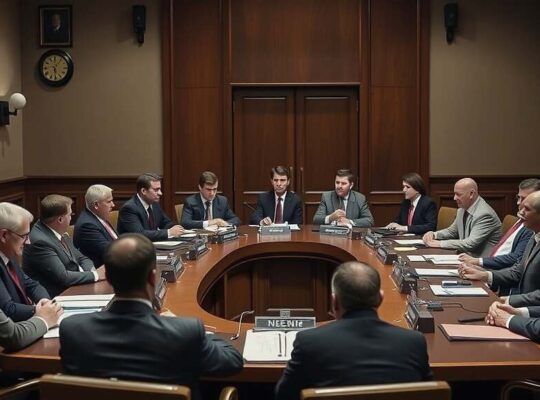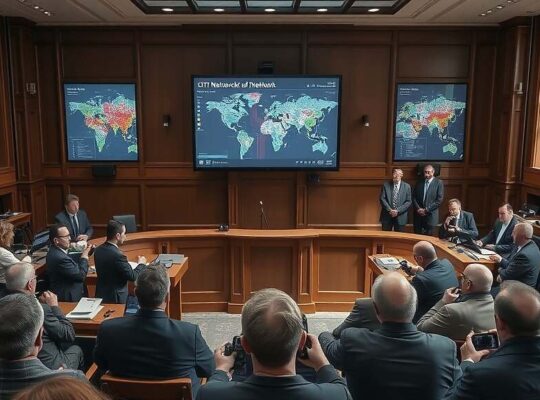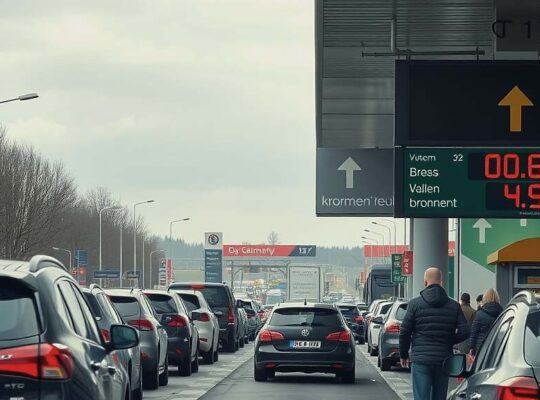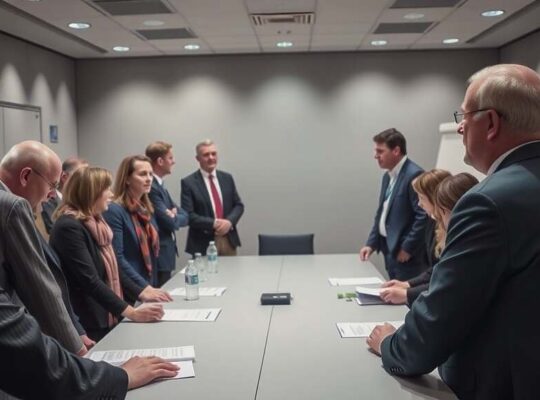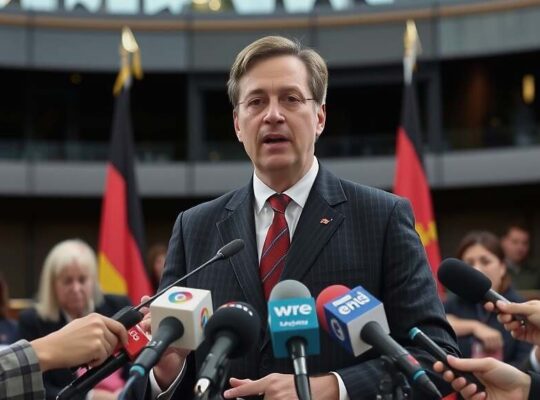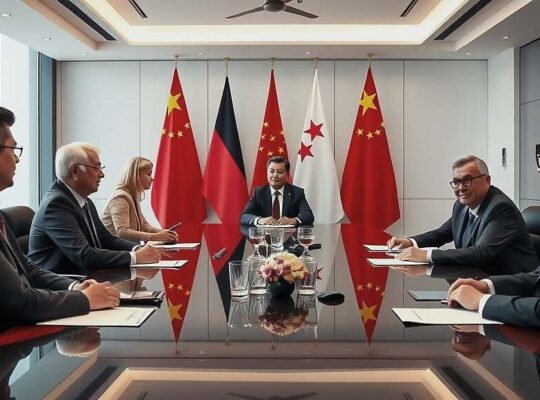A fracture has emerged within Germany’s business community regarding the appropriate engagement with the Alternative for Germany (AfD), sparking a contentious debate over the efficacy of established distancing strategies. The Association of Family Businesses (Familienunternehmer), a prominent voice representing the Mittelstand, has signaled a shift away from its long-standing “firewall” approach, effectively ending the policy of barring contact with AfD parliamentarians.
Association President Marie-Christine Ostermann, in an interview with Handelsblatt, stated that the recent parliamentary evening on October 8th marked the end of this blanket prohibition. She acknowledged that several regional chapters had informally resisted the strict enforcement of the firewall. Ostermann’s rationale hinges on the argument that criticizing the AfD’s positions requires a deeper understanding of their arguments, achieved only through direct engagement. While she emphasized a continued rejection of the AfD as a potential coalition partner for any government, she argued that dismissing the party solely within simplistic “good versus evil” categorizations is counterproductive. She further suggested that detailed scrutiny often reveals AfD politicians’ positions to be “content-free or contradictory” upon closer examination.
This burgeoning debate underscores a growing unease among some business leaders regarding the AfD’s increasing electoral success and its impact on the political landscape. The Family Businesses Foundation, however, diverges sharply from Ostermann’s pragmatic stance. Foundation Board Member Rainer Kirchdörfer reaffirmed their unwavering policy of excluding representatives from both the AfD and Die Linke from their events, asserting that their core values are fundamentally incompatible with the principles underpinning German family businesses. Kirchdörfer explicitly warned that the AfD’s agenda poses a direct threat to the future of the Mittelstand.
The Federation of Medium-Sized Businesses (BVMW) has also weighed in, pointing to the consistently high polling and election results for the AfD. Federation CEO Christoph Ahlhaus acknowledged that these results cast doubt on the success of the established firewall strategies. He confirmed a “lively” internal debate within the Mittelstand regarding the appropriate response to the AfD’s rise, adding that the federation intends to formulate a formal position on the matter through its committees. The divergence in approaches reflects a wider struggle within German business circles: whether to actively challenge the AfD’s narratives through engagement or to maintain a clear distance based on fundamental ideological differences.



